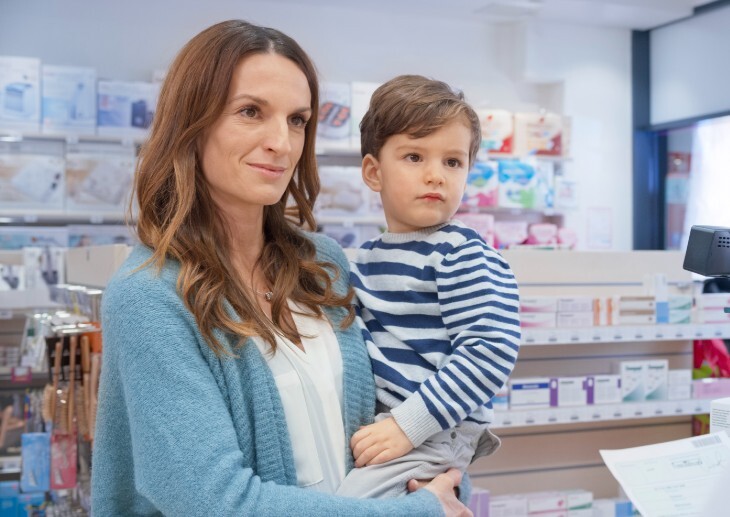Representation for mental health must be ensured on ICS boards, the NHS Confederation has urged after finding such services for children and young people are reaching a ‘tipping point’.
The warning comes as its latest report (24 August) found 1.5 million young people may need new or additional mental health support as a result of the pandemic.
Led by its Mental Health Network, the report noted that these mental health services across primary and specialist care are under increasing demand, adding that there is a high level of unmet mental health need, so ‘it is likely’ the estimate ‘could be even higher’.
The Confederation also warned that the isolation associated with lockdowns, closure of schools and other restrictions exacerbated mental health inequalities, amid ‘mounting concern that the mental health system for children and young people in England is reaching tipping point’.
It said that evidence provided by XenZone – the UK’s largest digital mental health provider – which suggested there was a 9% increase in the rate of BME young people presenting with depression, compared to a 16% fall in the rate among their white counterparts by May 2020.
Similarly, evidence from LGBT+ charity Just Like Us, 68% of LGBT+ young people said that their mental health had worsened since the pandemic, compared to 49% of their non-LGBT+ peers.
It added that some have felt ‘isolated and feared for their safety, particularly if they had not come out to their family or if members of the household were homophobic’.
The report comes just one week after new analysis of NHS data revealed the number of under-19s waiting for urgent treatment for eating disorders tripled during the pandemic, while the number waiting for routine support more than quadrupled.
Funding alone is not the solution
Children and young people’s mental health must be a priority for ICSs with adequate representation on their boards, it said.
‘Children and young people’s mental health is a complex subject, and ICSs will benefit from having expertise on their integrated care boards and in their integrated care partnerships,’ the report said.
The new systems – which are set to assume CCG responsibilities by April 2022 – should focus on addressing the fragmentation of children and young people’s mental health services, and improve access to both early intervention and specialist mental health services.
Sean Duggan, chief executive of the NHS Confederation’s Mental Health Network, said that ‘a generation of children and young people requiring support for their mental health risk being failed because the NHS is not being adequately resourced’ to support them.
He added that while health leaders are worried that current Government funding ‘may not be enough to respond to the rising demand’ for their services.
‘We have seen outstanding examples from our members working together to support the mental wellbeing of their younger patients, through both preventative services and inpatient care, but nationally, it is clear we are now at a tipping point,’ he said.
‘Additional and targeted investment is essential, as is a real commitment from the Government to continue expanding and improving services so that we can avoid failing children and young people when they may need help the most.’
A recent study revealed that as many as three-quarters (73%) of trust leaders are concerned that their plans to address the care backlog will be disrupted by anticipated winter pressures.
Mental health and acute trusts in particular agreed that demand for mental health services currently exceeds capacity, and were concerned a backlog of care – which now sits at 5.5 million – may further exacerbate the problem.






